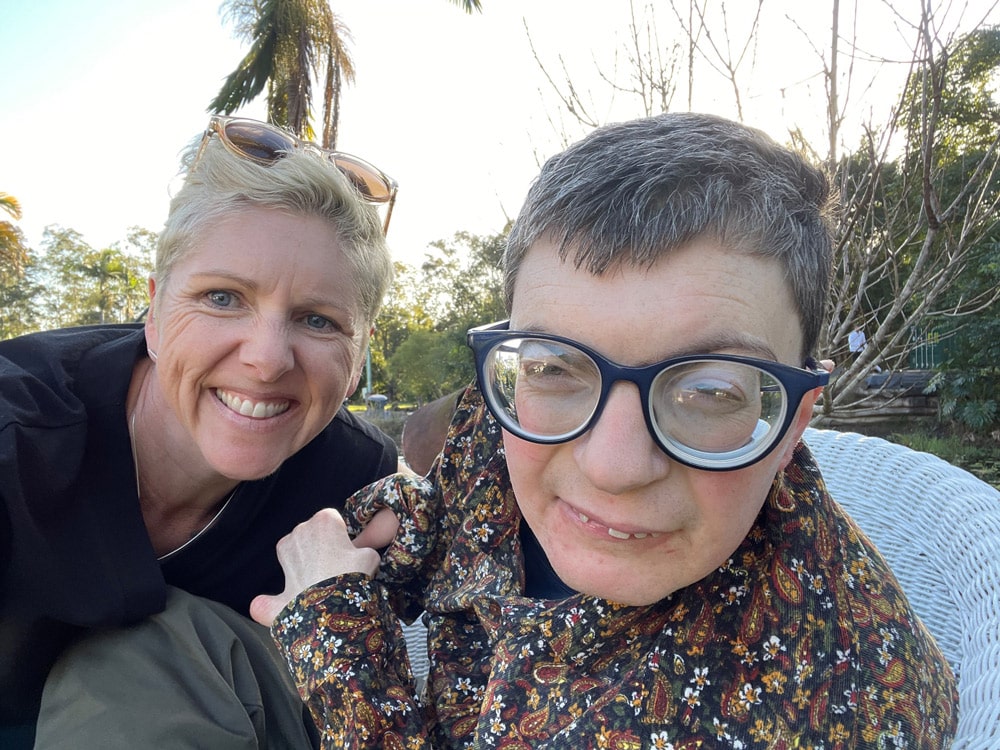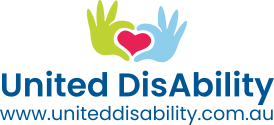
Carers are dedicated individuals who play a supportive role in the lives of people with disabilities. From helping with daily tasks to advocating in medical settings, carers can contribute to all facets of life, making independence and social integration possible for these individuals. In this blog, we’ll help you understand the multifaceted roles of carers, underscoring their importance and the profound impact on the lives they touch.
The Compassionate Role of Carers in Daily Life Support
Carers can play a key role in the daily lives of individuals with disabilities, providing essential support that can help in day-to-day activities while promoting independence. Their responsibilities can include a variety of tasks, contributing to a stable and supportive living environment:
- Meal preparation: Creating nutritious meals tailored to specific dietary needs and preferences.
- Personal hygiene: Helping with grooming, bathing and other personal care tasks, all performed with utmost respect and consideration.
The compassion and patience demonstrated by carers are crucial in their work. They allow them to manage sensitive situations thoughtfully and effectively, which can be beneficial for the well-being of those they assist.
Enhancing Independence: Carers Facilitating Skill Development
Fostering independence is essential in the supportive relationship between carers and individuals with disabilities. Carers can actively participate in developing and reinforcing skills that might enhance autonomy. Key skills they can focus on:
- Financial management: Assisting individuals in understanding and managing their finances.
- Use of public transport: Teaching how to navigate bus routes and schedules for independent travel.
Through these activities, carers can support the development of vital skills, contributing significantly to the autonomy of the individuals they help.
Emotional and Social Support: Beyond Physical Care
Beyond physical support, carers might contribute to emotional comfort and foster social connections, which can be crucial for mental health and community integration. Carers often act as companions at social events and activities, helping individuals feel more included and engaged.
Additionally, carers can encourage engagement with community resources and networks, assisting individuals in building a sense of belonging and connection. These aspects of care aim to create a holistic support system, supporting individuals with disabilities physically, emotionally and socially.
Navigating Healthcare: Carers as Advocates and Liaisons
In the healthcare system, carers can play an important role as advocates and liaisons:
Scheduling Appointments
Carers can manage and schedule medical appointments to help maintain consistent care.
Supporting Medication Compliance
They can oversee the administration of medications, aiming to help treatments be followed accurately.
Advocacy in Medical Settings
Carers can advocate for the needs and rights of individuals with disabilities during medical consultations and treatments.
This advocacy might be crucial in assisting individuals to receive appropriate care and allowing their voices to be acknowledged in medical settings.
Tailored Support Plans: Customising Care to Individual Needs
Disability support involves creating personalised care plans tailored to each individual’s unique needs. Carers can work closely with disability support services to develop and implement these plans.
Developing a Personalised Care Plan
- Assessment: Evaluating the individual’s needs and preferences.
- Planning: Outlining specific support strategies in the care plan.
- Implementation: Putting the plan into action, addressing all aspects of daily life.
- Monitoring: Regularly reviewing and adjusting the plan as necessary.
These tailored support plans are designed to align with the individual’s personal preferences and goals.
Crisis Management and Response by Carers
In times of crisis, carers can take on the crucial role of first responders, handling emergencies with calm and efficiency.
Emergency Scenarios
Medical Emergencies
- Recognising signs of a medical crisis, such as a seizure or a severe allergic reaction.
- Administering first aid and contacting emergency services.
Environmental Hazards
- Addressing situations like fires or floods, prioritising the individual’s safety by following established emergency protocols.
These scenarios show the preparedness and important role of carers in safeguarding the well-being of those they support.
Educating Families and Communities on Disability Awareness
Educating families and communities on disability awareness is crucial to a carer’s responsibilities. Through their dedicated efforts, carers can offer valuable information that might help address common misconceptions about disabilities. Additionally, they can share personal stories that show the challenges and triumphs faced by individuals living with disabilities.
This sharing of knowledge and experiences can play an important role in fostering a more inclusive and understanding community, thereby enhancing awareness of the diversity within the disability community. By disseminating this information, carers can contribute to building a society that values and supports all its members.
Contact Us for Disability Support in Brisbane
At United Disability, we understand the significant role of carers in the disability support sector. If you or someone you know is seeking our services, feel free to reach out via our contact page or give us a call for more information. Get in touch with our team today to explore how we can help people with disabilities.



